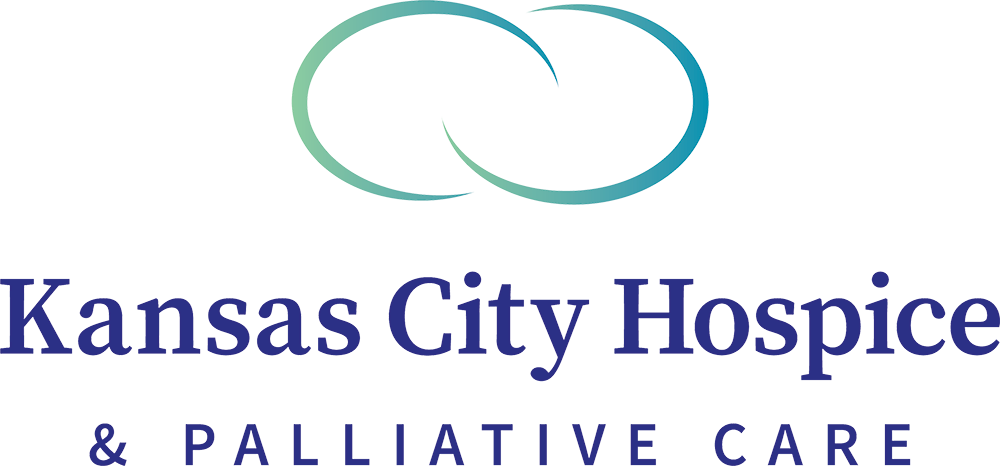What are personal pronouns?
Gender pronouns, or personal gender pronouns, refer to the set of pronouns that an individual wants others to use to reflect their gender identity. Many people go by the pronouns sets “he/him” or “she/her” but when speaking of a singular individual in the third person, these pronouns imply a gender, such as “he” to refer to a man/boy or “she” to refer to a woman/girl. When these associations are not always accurate or helpful, using personal pronouns can be beneficial.
A small, but increasing, number of people use “they/them” pronouns or another set of pronouns and this may be due to the person not wanting to have a specific gender associated with their pronouns. Assumptions are sometimes made about a person’s gender based on their appearance or name. Assuming people must look a certain way to exhibit their gender can be a harmful message. Personal pronouns are unique to each individual and using someone’s preferred personal pronouns is a way to respect each person’s individuality and the gender or non-gender (agender) they have chosen to associate with. Using pronouns helps to make everyone feel included and valued, regardless of their gender identity.

Why do personal pronouns matter?
Using accurate personal pronouns is a way to show respect and create an inclusive environment at work or in your social life, just as using a person’s name can be a way to respect them. It can be offensive to guess someone’s gender or their preferred pronouns or to refer to them using pronouns inconsistent with how they want to be known. Choosing to ignore the pronouns someone identifies with could imply that intersex, transgender, nonbinary, and gender nonconforming people do not or should not exist.
When a person shares their pronouns, they are naming the pronouns they want to be referred to by. It is important to remember that just because a person goes by a certain set of pronouns it is not indicative of that person’s gender. A person could be a man or a woman or both or neither and share any number of these sets of pronouns as the correct ones to use for them. A good reminder is the set of pronouns a person goes by is not necessarily indicative of their gender, even though for most people there is an association between their pronouns and the gender they identify with. Being knowledgeable of different pronoun options and the gender(s) people typically associate with those pronouns will help normalize the use of personal pronouns and increase diversity within your organization and/or personal life.
How to share personal pronouns.
A great way to create and normalize space for people to share their pronouns is first to share your own. You can do this by saying, for example, “Hi, my name is Ashley and I go by the pronoun ‘she’” or “I’m Kevin and I’m referred to by ‘they/them’ pronouns.” Another way to share your pronouns is to include them on your social media profile or in your signature line when drafting an email. Sharing your pronouns lets others know how you would like to be addressed and helps people avoid making assumptions or guessing about your gender associations.
There is no singular way to list and share pronouns. Many people say, for example, “she/her/hers” or “she/her” or just “she” and it’s generally understood that this refers to a larger set of pronouns (e.g. that includes “herself”) without having to list every one of those pronouns. When you share your pronouns, you may find that you get questions about what this means and this would be a great time to explain the reason for why you share your pronouns and/or refer them to an educational resource that provides more detailed information about pronouns. Having frequent conversations about pronouns will help people feel more comfortable using pronouns in their everyday lives.

KCH values diversity and inclusion.
Here at Kansas City Hospice & Palliative Care (KCH) we strive to make all people feel included and valued and recognize the importance of gender inclusivity. Among KCH’s eight Guiding Principles is “Respect: We believe that all individuals are deserving of respect and appreciate the richness of diversity.”
“We provide care to patients and families of all backgrounds, situations and beliefs in a culturally-competent way,” says David Wiley, KCH President & CEO. “We make it a priority to be mindful and sensitive to each person’s individual needs and preferences.”
KCH treats staff with respect and works hard to build a company culture of diversity and inclusion. In 2020, we formed our first Employee Resource Group (ERG), for Diversity, Equity & Inclusion and in 2021 we provided staff-wide conscious and unconscious bias training. Most recently we implemented a new option available to our employees to add their desired pronouns to their name in their email signature. We believe that having the ability to include these gender pronouns offers several benefits including giving others the confidence and clarity to address our employees as they would like to be addressed and normalizing the practice of identifying pronouns. These are just some of the initiatives we are taking to be a more inclusive organization. We care about our employees and the families we serve and want everyone to feel respected when they enter the doors of Kansas City Hospice.
To learn more about how to use personal pronouns visit the website: www.mypronouns.org/how.
Posted in General, News & Events
